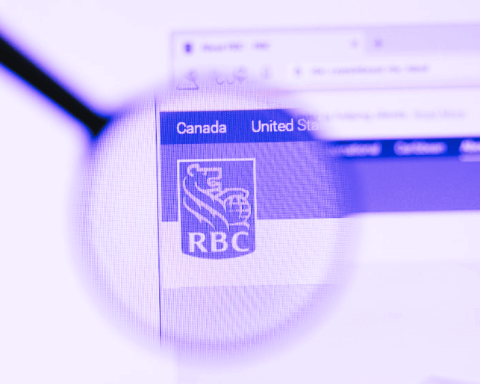Institutional investors have long sought opportunities that not only provide good “rates of return” but also offer the potential to drive beneficial societal changes.
In the last few years, however, we’ve seen a tsunami-like surge in the number of investment products claiming to be “green,” dedicated to “responsible investing” or labelled as “ESG” investments (which prioritize environment, social and governance factors) in Canada and in financial markets globally. By some estimates, about a third of all assets under management globally will be ESG-focused by 2025. This explosion of demand appears to be fuelled largely by retail investors’ growing and serious concerns about climate change and social inequities.
This week at COP26 in Glasgow, the International Financial Reporting Standards (IFRS) Foundation announced the creation of a board that will develop a common set of global sustainability standards to help meet investor needs. Erkki Liikanen, the chairman of the IFRS Foundation, told the UN climate summit that he expects they will be released in the second half of 2022. But global standards can’t come soon enough, as the industry’s desire to meet this surge in demand has led to the current alarming predicament where retail investors are at daily risk of being “greenwashed” by misleading ESG labels and marketing spin. And some financial regulators have hesitated to intervene, allowing a bit of a “wild west” marketplace to thrive.
Some of this greenwashing has come from a few unscrupulous promoters trying to make a quick profit in the race for “green” investment opportunities by misleading investors. These actors, however, tend to be in the minority.
The larger problem seems to be that the financial industry does not yet have the know-how, tools or experience to provide investors with the information they need to make informed decisions. There appear to be a lot of well-intentioned people in the industry who believe in ESG principles themselves and are sincere in trying to offer a credible product to investors aligned with these principles; they simply do not have the understanding of what it all means.
In the increasingly ESG-dominated space we find ourselves in, this is a significant and real challenge that exists for a host of reasons, including the fact that there are currently numerous, and sometimes divergent, ESG-related standards. As the entire financial services industry was set up to focus almost exclusively on financial outcomes rather than the social ones sought by today’s investors, ESG-related practices are being developed on the fly without the consistent disclosure investors need.
This has resulted in confusion that has been compounded by a lack of clear guidance about the type of disclosure expected by regulators to protect investors, particularly retail investors, from these risks.
At this moment, we have a mixed bag of regulatory responses around the world. Some regulators, such as those in Canada and the U.S., appear to be content to rely on the existing disclosure regime, arguing that the requirement, for example, to provide “full, true and plain disclosure” in a prospectus is broad enough to address greenwashing concerns. Other regulators, particularly in the EU, argue that ESG-specific disclosure requirements should be prescribed.
This debate over whether the regulatory system is sufficiently broad enough, or not, to deal with greenwashing misses the point, however – investors are being harmed today and every day that regulators fail to act decisively on these issues.
Rather than engage in this debate, regulators need to find ways to bridge the gap between what investors need and what the current system is delivering – or more aptly, failing to deliver.
There are many avenues they can take. Regulators should (and some have) undertake compliance sweeps to identify and deter deficient and boilerplate-type disclosures. They can also use disclosure reviews to push issuers and fund managers to provide more disclosure, particularly around the risks of ESG investing, and how ESG-related performance may or may not be measured. Importantly, they need to push for better disclosure on how ESG-related outcomes are being achieved. They could issue investor warnings and seek to raise awareness that, when it comes to ESG investing, a “buyer beware” attitude is paramount. They could also (and some are beginning to) provide much needed guidance as to which are the better ESG frameworks to rely on until a global standard comes out.
Based on the seemingly constant flow of stories related to greenwashing, in Canada and internationally, one thing is certain: regulators need to pay attention. Keeping pace will require that they prioritize their resources effectively and stay focused for the next few years until better practices and a common understanding emerge.
Jean-Paul Bureaud is the executive director of FAIR Canada.







